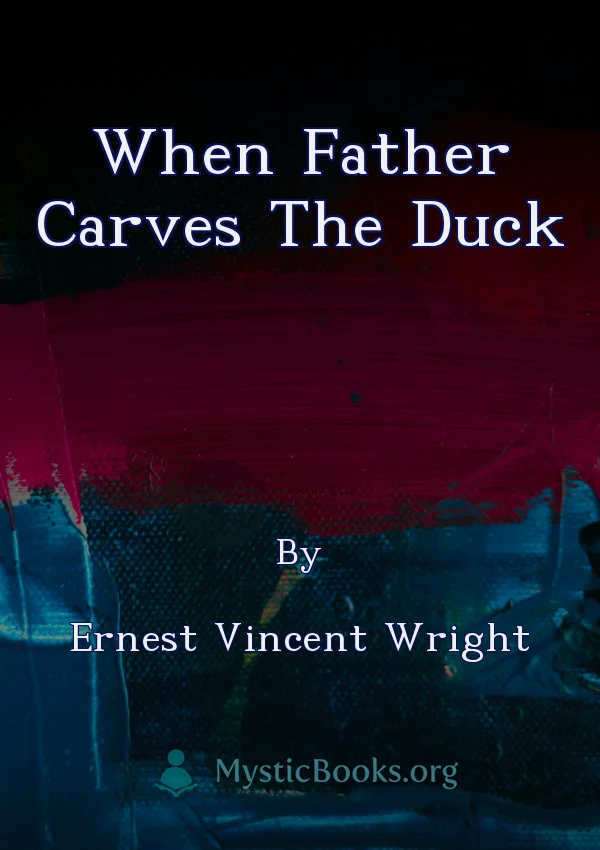
When Father Carves the Duck
'When Father Carves the Duck' Summary
Gadsby is a novel that revolves around John Gadsby, a man who has an unusual aversion to the letter "e." Despite this unusual characteristic, John lives a relatively ordinary life, engaging in the everyday activities of his time - he goes to work, interacts with friends and family, and experiences the joys and sorrows of life. The novel's focus, however, is not on John's personality or his relationships, but rather on the linguistic constraint imposed on the narrative. The author, Ernest Vincent Wright, has written the entire novel without using the letter "e." This exclusion, with the exception of the introduction and a concluding note, is the novel's defining feature. As readers engage with the narrative, they are confronted with a unique style of writing, where the absence of the letter "e" transforms the rhythm and flow of language. This linguistic experiment pushes the boundaries of traditional writing and forces the reader to pay closer attention to the nuances of language, highlighting the power of word choice and the creativity inherent in communication. The novel, though unconventional, presents an interesting commentary on human interaction and the complexities of language. It can be considered a humorous and engaging exploration of the human condition, presented within a framework of linguistic innovation.Book Details
Language
EnglishOriginal Language
Published In
Genre/Category
Tags/Keywords
Authors
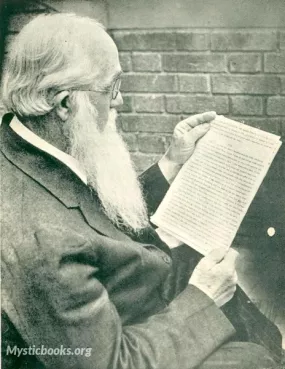
Ernest Vincent Wright
United States
Ernest Vincent Wright (1872–1939) was an American writer best known for his 1939 novel Gadsby, which does not contain the letter E. Wright was born in Martins Ferry, Ohio, and worked as a newspaper re...
Books by Ernest Vincent WrightDownload eBooks
Listen/Download Audiobook
- Select Speed
Related books
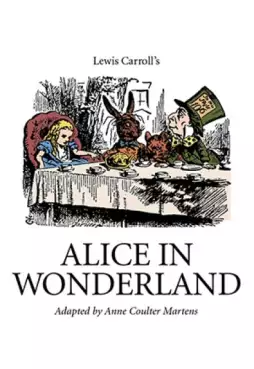
Alice in Wonderland (Dramatization) by Lewis Carroll
A young girl named Alice falls through a rabbit hole into a fantasy world of anthropomorphic creatures. It is seen as an example of the literary nons...

Wildwood Ways by Winthrop Packard
It tells the story of a young boy named Andy, who ventures into the deep woods in search of adventure and self-discovery. This coming-of-age story was...
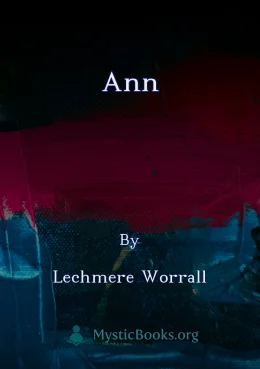
Ann by Lechmere Worrall
In 'Ann by Lechmere Worrall', Edward Hargraves, a young aspiring author, finds himself caught between the desires of his mother and friend to see him...
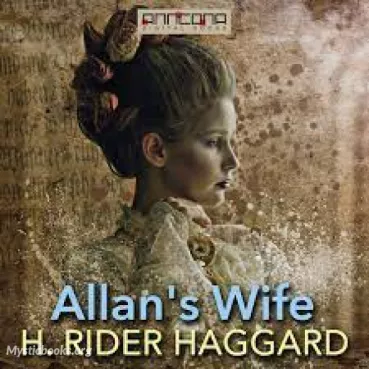
Allan's Wife and Other Tales by H. Rider Haggard
Step into the captivating world of adventure and intrigue with "Allan's Wife and Other Tales" by H. Rider Haggard. Will Allan Quatermain's journey lea...
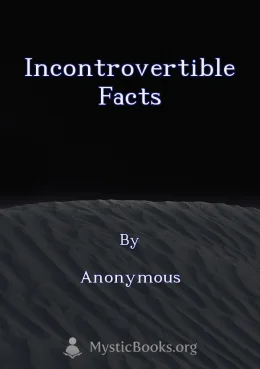
Incontrovertible Facts by Anonymous
LibriVox volunteers bring you 5 different recordings of Incontrovertible Facts by Anonymous. This was the weekly poetry project for the week of March...
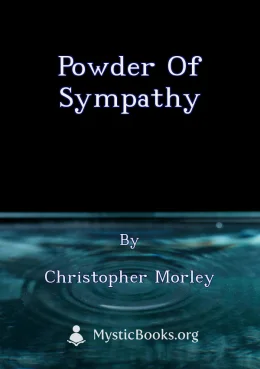
Powder of Sympathy by Christopher Morley
In 'Powder of Sympathy,' Christopher Morley offers a collection of insightful and witty essays exploring the life and work of a newspaper columnist. T...
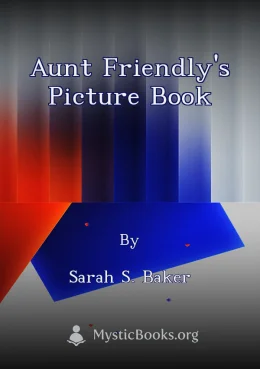
Aunt Friendly's Picture Book by Sarah S. Baker
This book includes the classic alphabet, Sing-A-Song Of Sixpence, The Frog Who Would A Wooing go, The Three LIttle Pigs, Puss In Boot, and The Ugly Du...
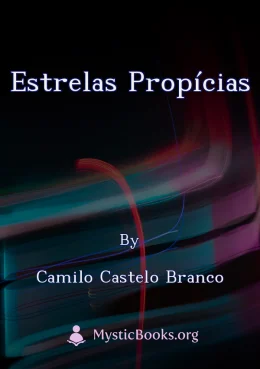
Estrelas Propícias by Camilo Castelo Branco
Estrelas Propícias, a novel by Camilo Castelo Branco, delves into the complexities of 19th-century Portuguese society. The story unfolds around a cent...
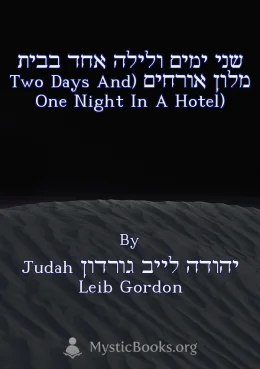
שני ימים ולילה אחד בבית מלון אורחים (Two Days and One Night in a Hotel) by יהודה לייב גורדון Judah Leib Gordon
This book is a Hebrew novel by Judah Leib Gordon published in 1868 and set in a shtetl, a small Jewish village in Eastern Europe, where life was full...
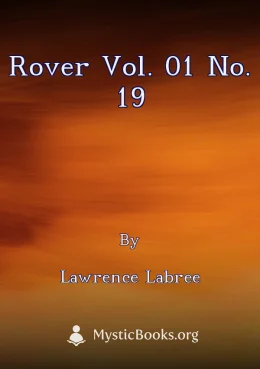
Rover Vol. 01 No. 19 by Lawrence Labree
'The Rover: A Weekly Magazine of Tales, Poetry and Engravings' was a popular publication in 1840s America, showcasing a variety of literary content. T...
Reviews for When Father Carves the Duck
No reviews posted or approved, yet...